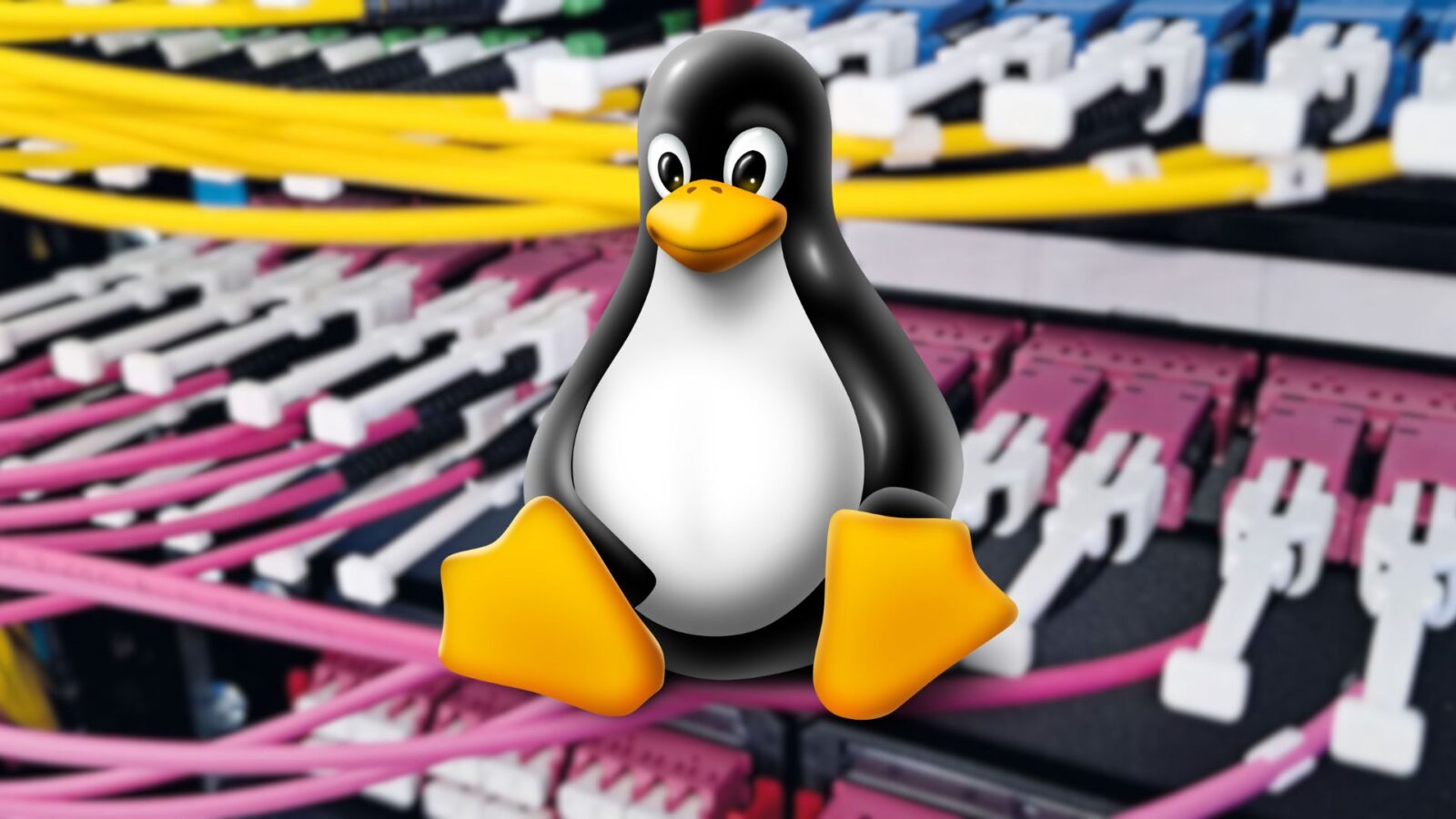Daftar Isi
In the realm of server technology, Linux stands tall as a powerhouse. Its versatility, robustness, and performance have made it the go-to choice for organizations worldwide. Let’s delve into the real power of Linux servers, exploring their scalability, performance, and myriad benefits.
Scalability of Linux Server: From Small to Supercomputers
Horizontal scaling, a hallmark feature of Linux servers, offers unparalleled flexibility and efficiency for businesses of all sizes. Whether you’re managing a small website or orchestrating operations in a sprawling data center, Linux’s ability to scale horizontally ensures seamless adaptation to evolving demands. Let’s delve into the key reasons why Linux server excels in horizontal scaling:
Clustering and Load Balancing
Linux servers leverage clustering and load balancing techniques to distribute workloads across multiple nodes effectively. This ensures optimal resource utilization and prevents any single server from becoming a performance bottleneck. As your workload grows, you can effortlessly expand your infrastructure by adding more nodes to the cluster. Load balancers play a crucial role in evenly distributing incoming requests, ensuring a smooth and uninterrupted user experience.
Virtualization and Containers
Linux has long been at the forefront of virtualization technology, offering robust solutions like KVM (Kernel-based Virtual Machine) and Xen. These tools enable organizations to create and manage virtualized environments efficiently, allowing for greater flexibility and resource utilization. Additionally, Linux-based containerization technologies such as Docker and Kubernetes have revolutionized application deployment and management. Containers encapsulate applications and their dependencies, enabling developers to deploy them consistently across different environments. With Linux server, spinning up new instances and scaling containerized applications becomes a breeze, facilitating rapid scalability and deployment agility.
Read More: Linux for Office and Enterprise Ecosystem
Efficiency and Resource Management
In the realm of operating systems, Linux stands out for its remarkable efficiency in managing resources. Like a skilled conductor leading a symphony, Linux orchestrates processes and memory allocation with precision, ensuring optimal utilization without compromising performance. Whether you’re running a dynamic website or conducting complex scientific computations, Linux’s resource management capabilities offer a robust foundation for diverse workloads.
Efficient Memory Management
One of Linux’s standout features is its efficient memory management system. The kernel intelligently allocates and deallocates memory resources, prioritizing active processes while minimizing wastage. This ensures that each process receives the necessary memory allocation without starving others, thereby optimizing system performance and responsiveness. Whether you’re running multiple applications simultaneously or handling memory-intensive tasks, Linux server excels in managing memory efficiently, contributing to a seamless user experience.
Streamlined Process Handling
Linux’s process handling mechanisms are akin to a well-oiled machine, ensuring smooth operation and responsiveness. The kernel employs various scheduling algorithms to manage process execution, ensuring fair access to CPU resources and preventing any single process from monopolizing system resources. This balanced approach to process handling fosters a responsive and stable computing environment, ideal for multitasking and demanding workloads.
Versatility Across Workloads
Whether you’re hosting a website, analyzing data sets, or powering mission-critical applications, Linux’s resource management capabilities cater to a diverse range of workloads. From web servers to scientific computing clusters, Linux server provides a reliable and efficient platform for handling varying resource requirements. Its scalability and adaptability make it the operating system of choice for organizations seeking optimal performance and resource utilization across different computing environments.
Security and Stability
When it comes to safeguarding your digital assets, Linux stands as a beacon of security and stability in the vast landscape of operating systems. With an impressive track record in security, Linux benefits from the collective vigilance of its open-source community, which promptly identifies and patches vulnerabilities. This proactive approach ensures that your server remains resilient against emerging threats, offering peace of mind in an ever-evolving cybersecurity landscape.
Granular Access Controls
Linux empowers administrators with granular access controls, allowing them to finely tune permissions and privileges for users and processes. Through mechanisms like file permissions, access control lists (ACLs), and mandatory access controls (MAC), Linux enables administrators to enforce strict security policies, mitigating the risk of unauthorized access and data breaches. By implementing robust access controls, Linux fortifies your server against potential security threats, ensuring that sensitive data remains protected.
Robust Firewalls
In addition to access controls, Linux boasts robust firewall capabilities that serve as a critical line of defense against malicious network traffic. Whether you’re deploying the built-in iptables firewall or leveraging more advanced solutions like nftables or firewalld, Linux provides flexible and powerful tools for configuring network security policies. By defining rules to filter incoming and outgoing traffic, Linux firewalls prevent unauthorized access and safeguard your server from external threats, such as denial-of-service (DoS) attacks and intrusion attempts.
Unwavering Stability
Beyond its security prowess, Linux is renowned for its unparalleled stability, even under the most demanding workloads. Whether powering supercomputers, web servers, or mission-critical applications, Linux demonstrates unwavering resilience and reliability. Its robust architecture and efficient resource management ensure smooth operation and consistent performance, minimizing the risk of system failures and downtime. By relying on Linux as the backbone of your infrastructure, you can trust that your operations will remain uninterrupted, regardless of the workload.
Conclusion: The Linux Advantage
Linux servers are more than just machines; they’re enablers. They empower businesses, support cryptocurrencies, and drive decentralization. As you deploy your next server, remember: Linux isn’t just an OS; it’s a philosophy—a commitment to openness, innovation, and reliability.


































